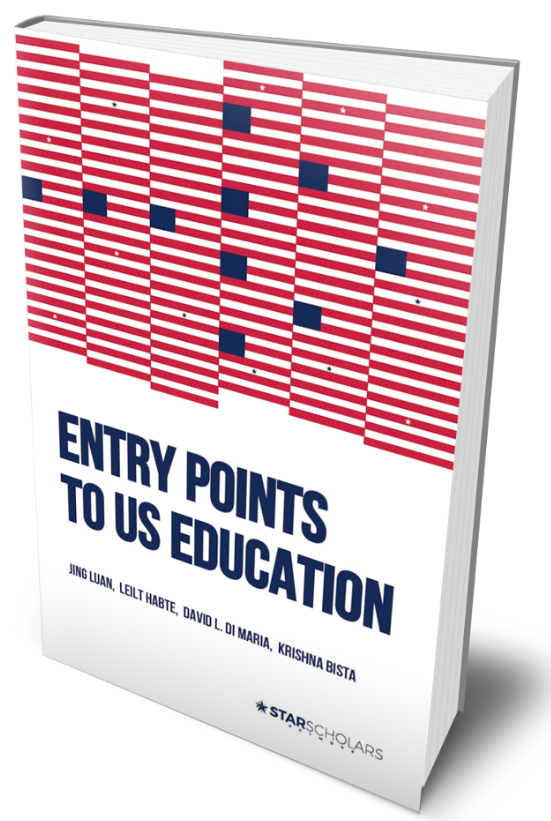Book Releases

Comparative & International Education series invites authors and editors to embark on a journey of scholarly exploration. Immerse yourself in the most pertinent and compelling topics within international/global education as we aspire to uncover novel perspectives, pioneering solutions, and enlightening insights. Join us in shaping the future of education through rigorous research, progressive ideas, and transformative discussions.
Title: Comparative & International Education Series
Online ISSN: 3065-3533
Print ISSN: 3065-3517
Suggested Titles/Topics for Inclusion:
1. Global Trends in Education Policy: A Comparative Analysis
2. Internationalization of Curriculum: Strategies and Challenges
3. Educational Equity Across Borders: Bridging the Gap
4. Emerging Technologies in International Education: Transforming Learning
5. Migration, Displacement, and Education: A Comparative Perspective
6. Sustainability Education in a Global Context: Best Practices
7. Language Diversity in Education: A Cross-Cultural Examination
8. Cross-Border Collaboration in Higher Education: Models for Success
9. Crisis Management in International Schools: Lessons Learned
10. Global Citizenship Education: Fostering Inclusivity and Awareness
We invite passionate authors and editors to submit proposals for books and edited volumes that contribute to this dynamic series. Share your expertise and contribute to the ongoing international and comparative education dialogue.
Send questions to Professor Krishna Bista at krishna.bista@morgan.edu
Resources for authors/editors:
Co-editors in Series
Dr. Simona Sharoni
Join our team. We are accepting new applications.
